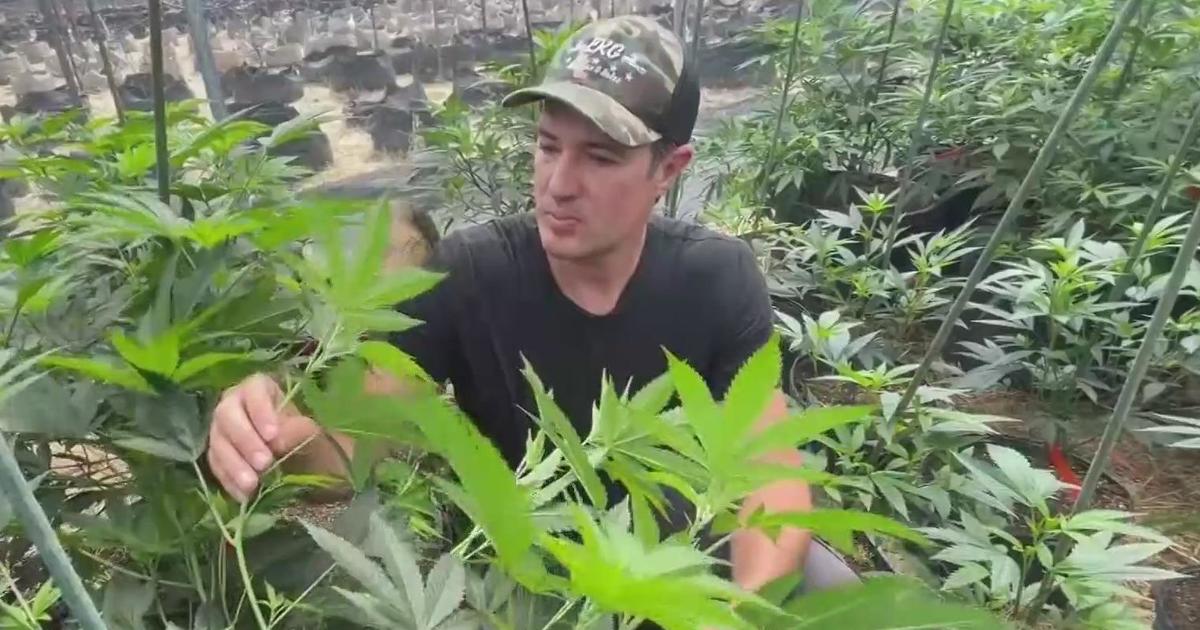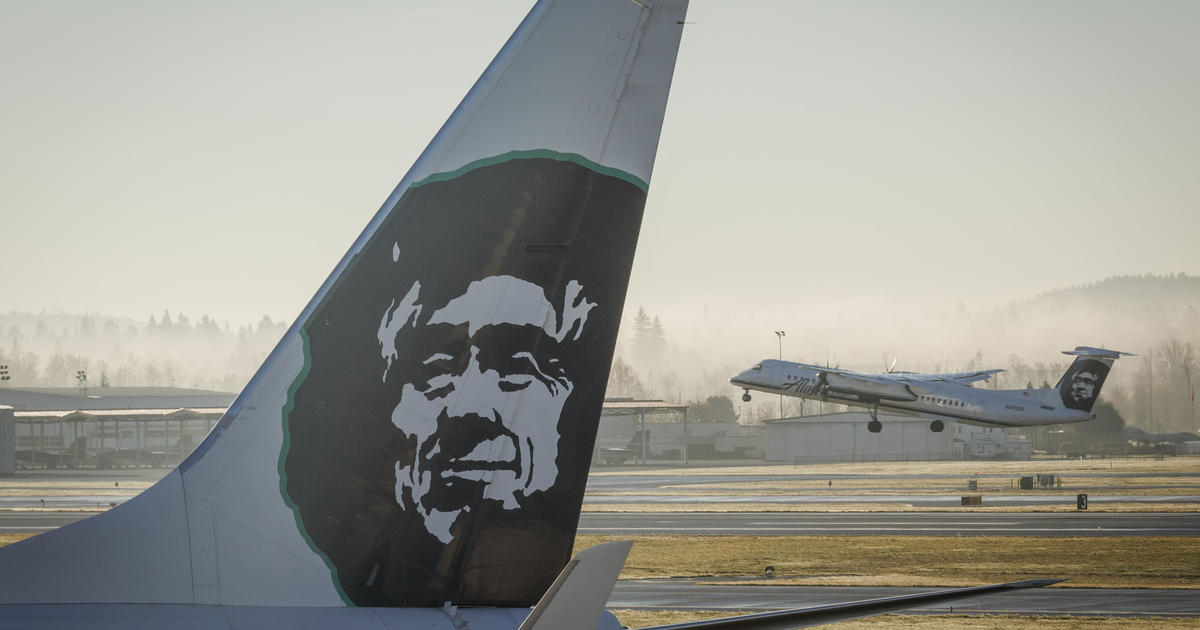Chevron's 4Q Profit Drop Highlights Hurdles Ahead
SAN RAMON (CBS / AP) — Satisfying the world's growing energy appetite isn't easy.
Chevron Corp., which has spent more than $20 billion a year since 2007 scouring the globe for new resources, said Friday that it is struggling to produce more oil and natural gas. Production levels last year were the lowest since 2008.
The Bay Area-based company still expects to supply more oil in the future, but its troubles last year highlight the many hurdles the industry faces as industrial and developing nations crave more oil to grow their economies.
The U.S. predicts that oil producers will fall behind as global demand ratchets up. The Energy Information Administration estimated that the world used 88.1 million barrels of oil per day in 2011 while producing only 87.6 million barrels per day. It sees the trend continuing this year and next. Oil and gasoline prices are expected to rise as countries dip into stockpiles to cover shortfalls.
In the U.S., drivers will probably pay more for gas this year. Experts think pump prices could hit $4 by spring and stay close to that for the rest of the year.
"Can we meet demand? Maybe. But doing so is going to be more challenging and expensive," Argus Research analyst Phil Weiss said.
Part of the drop in Chevron's 2011 production can be explained by contracts with foreign governments that limit the amount of crude that Chevron can keep as prices rise. Chevron also is dealing with a rash of troubles at its fields and facilities around the world.
There were pipeline problems this year in Thailand, tropical storms in the Gulf of Mexico and equipment issues in the United Kingdom.
An offshore oil leak put Chevron at odds with the Brazilian government. Regulators there forced Chevron to shut down one of its offshore wells in December, and prosecutors are seeking $10.6 billion in damages. Chevron has voluntarily suspended plans to further explore the country's oil-rich offshore region.
The company also is in an ongoing battle with Ecuador over environmental damages from oil production operations by Texaco that took place in the country more than two decades ago. Chevron bought Texaco in 2001.
In the fourth quarter, Chevron Corp.'s profits slipped by 3.2 percent to $5.12 billion, or $2.58 per share. The results fell short of Wall Street forecasts of $2.86 per share, and shares dropped $2.63, or 2.5 percent, to close at $103.96.
Profits from Chevron's exploration and production business increased, despite weaker production, because the company sold oil at higher prices. International natural gas prices also rose in the quarter.
Despite the 2011 slowdown, Chevron's future production still looks "on track to meet our goals," Chairman and CEO John Watson said. The company expects to pump 3.3 million barrels per day by 2017, a 23.5 percent increase from 2011 levels.
Chevron's refining business struggled, as falling prices for retail gasoline and other fuels made it harder to pass along higher oil costs to customers. Chevron's U.S. refining operations lost $204 million from October to December. International refining profits fell by 46.4 percent.
For the full year Chevron earned $26.9 billion, or $13.44 per share, compared with $19 billion, or $9.48 per share in 2010. Annual revenue increased 23.3 percent to $253.7 billion.
Earlier in the week, ConocoPhillips reported a 66 percent increase in quarterly earnings, though much of that came from the sale of a pipeline and other assets. ConocoPhillips said its production fell 8 percent last year while it aggressively shed assets. Occidental Petroleum Corp. said it increased oil production about 4 percent last year while boosting profits 35 percent in the final three months of the year.
Exxon Mobil Corp. and Royal Dutch Shell are expected to announce their fourth-quarter results next week.



